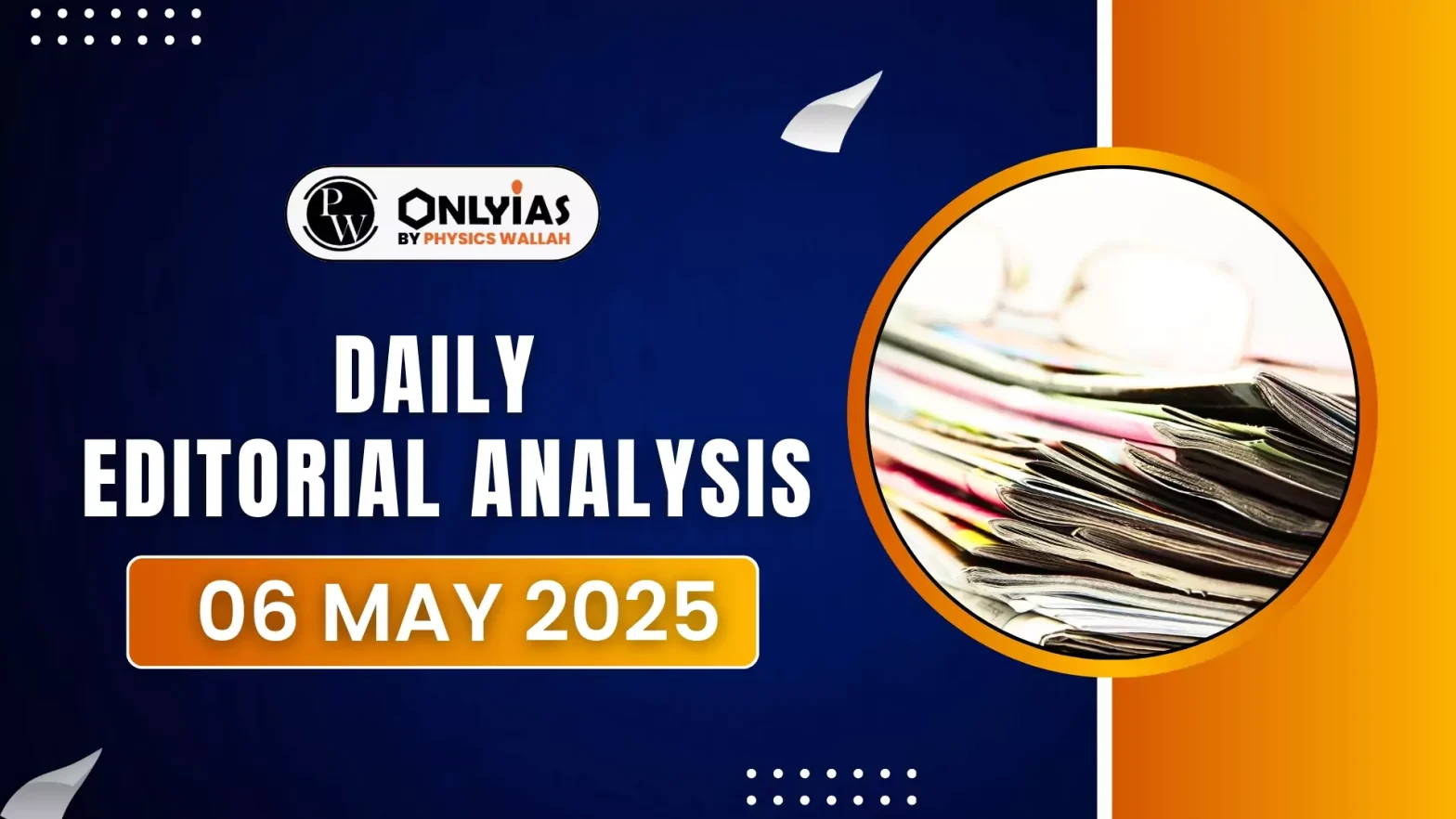Several states have urged the 16th Finance Commission to raise their share in the divisible tax pool, citing reduced actual transfers due to rising cesses and surcharges by the Centre. This demand raises important questions about fiscal federalism, autonomy, and the efficiency of public spending.
States’ Demand for Increased Share
- Current Share: States’ share in the divisible tax pool is 41% (down from 42% after J&K became a Union Territory).
- Reduction in Divisible Pool: The share of the divisible tax pool in the Centre’s total gross tax revenue has decreased from 88.6% in 2011-12 to 78.9% in 2021-22.
- States’ Argument: States argue for an increased share in the pool (up to 50%) to counterbalance the reduced share from cess and surcharges, which are not shared with states.
Challenges and Considerations
- Fiscal Constraints for the Centre: Increasing transfers to states would strain the Centre’s budget, already under pressure due to high expenditure commitments.
- States’ Expenditure: States account for 60% of general government expenditure.
- Reworking Transfer Composition: A better solution might be to increase untied transfers, giving states more fiscal autonomy.
- This would require a restructuring of centrally-sponsored schemes, which could be a complex political and economic process.
- Centre’s Expenditure Priorities: Many centrally-sponsored schemes encroach upon state and concurrent list responsibilities, increasing Centre’s spending without necessarily creating fiscal space for Union list priorities.
- There is a need to re-examine the Centre’s expenditure priorities to allow room for spending on Union list items.
- Quality of State Spending: States are facing revenue deficits, leading them to borrow more to cover daily functioning, interest payments, and subsidies, rather than investing in productive growth.
- Increased untied transfers might not necessarily lead to better capital expenditure, as they could be used for non-merit subsidies like power and water.
- Cash Transfer Schemes: 14 states have introduced income transfer schemes, adding 0.6% of GDP to their expenditures. Examples: Rythu Bandhu, KALIA, & Ladli Behna.
- There are concerns that untied transfers might exacerbate reliance on cash transfer schemes, especially with political pressure for such schemes during elections.
Equity and Convergence Concerns
- Inter-State Inequality: States like Bihar have much lower spending compared to wealthier states.
- Untied Transfers Impact: Increasing untied funds may not address inequality; it could lead to a wider disparity in the delivery of public services across states.
- Devolution to Local Governments: India’s third tier (local governments) receives a much smaller share of total government spending than countries like China and South Africa.
- States have been slow to devolve powers and resources to local governments, and increased such transfers may not incentivize more devolution.
Conclusion
The Finance Commission needs to carefully evaluate the fiscal, governance, and equity impacts of increasing untied transfers. These changes should aim at ensuring sustainable development, equitable public service delivery, and effective devolution of powers across levels of government.
![]() 6 May 2025
6 May 2025
